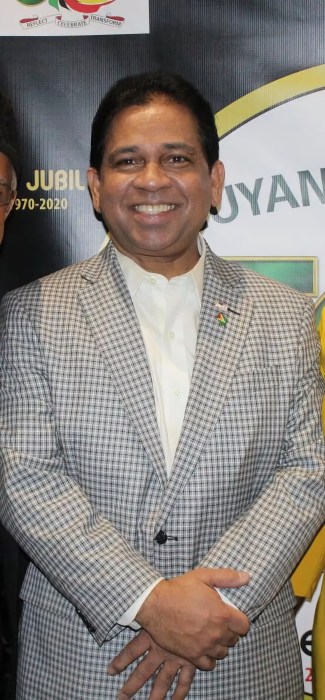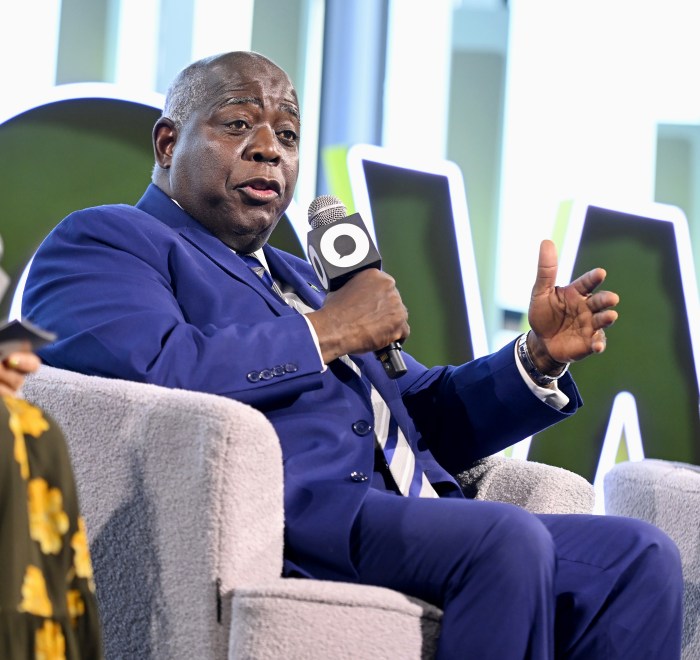PORT-AU-PRINCE, Sept. 29 – “We are not going to the election in tents. We want housing before elections.”
These words were chanted in Creole and held high on placards during a recent demonstration at Haiti’s crumpled National Palace, where protesters decried “inhumane” conditions in the camps for displaced people and condemned the government and NGOs which they said have abandoned them.
More than one million people displaced by the Jan. 12 earthquake still live in these camps.
Residents of a number of camps recently told IPS they are neither ready nor willing to participate in the Nov. 28 elections, for which the international community is paying two-thirds of the $29 million cost.
Vendors hawking their wares near the downtown soccer stadium also expressed disinterest in and distrust of the elections, and activists with the Fanmi Lavalas political party, barred from fielding candidates, denounced the elections as a sham.
Only the more middle-class people interviewed said they planned to go to the polls.
David Bazil now makes his home in Barbancourt2, near Port-au-Prince’s international airport, a crowded camp of 310 families living in sweltering tents and tarp structures in various states of decay. A stream of water from the showers and rainstorms meanders between the rows of tents, spilling into a pool of mosquito-infested water that abuts the dwellings of several families.
Stinking latrines await the company charged with cleaning them. Adding to the misery, the owner of the property where the camp is located wants his land back.
IPS asked Bazil, vice president of the camp council, if electing a new government might offer hope to weary residents.
“The situation we experience here every day in this camp, we don’t see why we would even participate in an election,” Bazil said, speaking through a Creole translator. “The problems we’re having are now; solutions need to be now. Politicians just make promises about what they’ll do in the future. We cannot wait for the future.”
In Camp Noailles, just outside Port-au-Prince, no one IPS spoke with planned to vote. A new president should come with plans to bring schools and jobs, “but most people come with a plan that doesn’t work,” one resident said.
Eric sells used clothes from the United States in downtown Port-au-Prince. Business is bad; people don’t have the money to shop, he said. As for elections, “They cannot do anything for the country; our problems won’t be solved in an election,” he said.
Another large group unlikely to go to the polls is the members of Fanmi Lavalas, the popular political party founded by Jean-Bertrand Aristide, forced out of office in 2004 by the U.S., France and Canada and currently exiled in South Africa.
Fanmi Lavalas, which won every election in which it was allowed to participate, was barred from the elections by Haiti’s provisional elections council, which questioned the authenticity of the authorisation Aristide sent to Dr. Maryse Narcisse to register the party. “For us, this isn’t just the exclusion of Fanmi Lavalas,” Narcisse told IPS. “What they wanted to exclude is the majority – the people – from the electoral process….For us, the elections that are coming are not fair or honest. They are not democratic.”
Fanmi Lavalas accuses President Rene Préval of manipulating the elections by hand-picking members of the electoral council, which the constitution says should be chosen through a grassroots democratic process.
Will Fanmi Lavalas boycott the elections? “We are not participating,” Narcisse said. “For us this is a selection, not an election.”
Lavarice Gaudin, on the other hand, will vote Nov. 28. A member of the party Veye Yo, Gaudin was once a member of Fanmi Lavalas and still considers himself close to the organization. He tried to run for president, but was excluded, likely because Gaudin, a longtime U.S. resident, didn’t fulfill the five-year residency requirement; the electoral council did not state the reason for exclusion. (Gaudin argues that he owns property, pays taxes, regularly stays in Haiti and should have been allowed to run.)
Like Fanmi Lavalas, Gaudin says the electoral council will skew the election in favour of Préval’s choices. Still, he said, it’s important to vote for local representation. “We have to see who we can vote for, for congress and who we can vote for, for mayor,” he said. “Then we’ll see what change we can make from one community to another community.”
Gaudin said he thinks even if Fanmi Lavalas boycotts the election, the party’s followers will vote. He noted that they voted for Préval, even though their party had boycotted those elections, as they believed (mistakenly) that Préval would return Aristide to Haiti.
At the other end of the economic spectrum is Parnell Saint- Preux, an entrepreneur and patron of Haitian art, who lives in a large home overlooking Port-au-Prince. Saint-Preux is not excited about the election or the candidates, but said Haiti’s young democracy needs to go through the exercise, in order to get better at it.
Moreover, he said, as Haiti rebuilds from the earthquake, the country needs an elected government “to have some kind of legitimacy” in its dealings with the international community. (IPS)






















